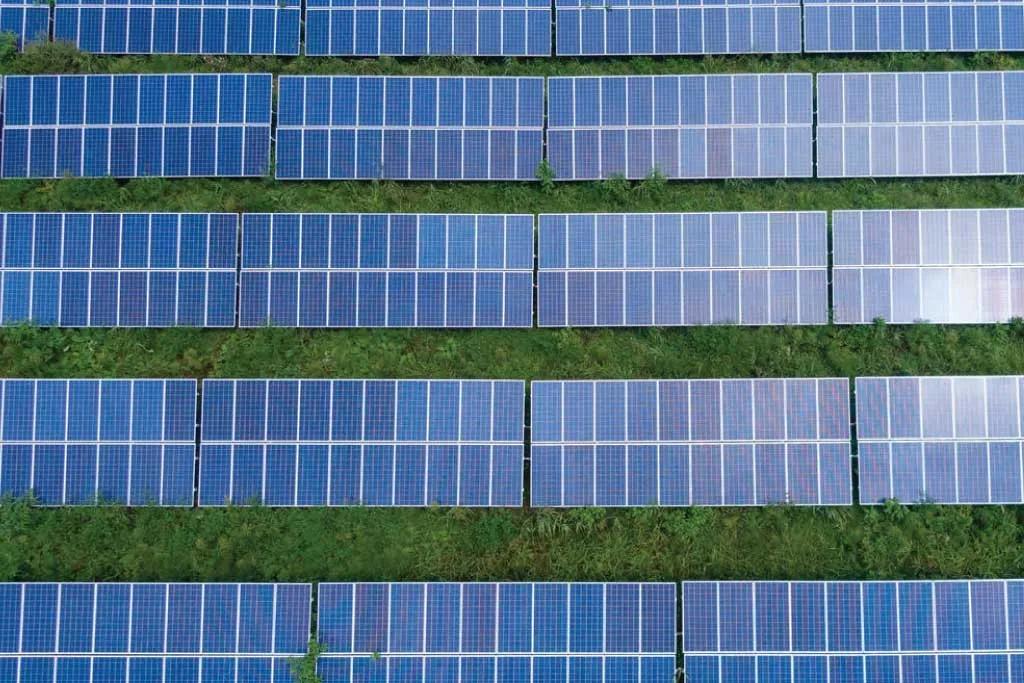Optimizing Energy Efficiency in 5G Ultra-dense Networks Using Distributed and Cooperative Learning Model
Over the years, wireless technologies have experienced gradual evolution from the 1st generation to the 4th generation providing a high data rate. The current demand is not only for higher data rates to support various applications such as augmented reality, virtual reality, vehicle to vehicle communication but also to support massive machine-to-machine (M2M) type communication. All these factors will result in an exponential increase in traffic volume. It is expected that the demand for monthly global mobile data traffic will be 77 exabytes by 2022, and annual traffic will reach almost one zettabyte.
5G roadmap comprises of a broad vision and envisions target that includes 10–100x peak‐rate data rate, 1000x network capacity, 10x energy efficiency, and 10–30x lower latency, paving the way towards Gigabit wireless scenario. The utilisation of more bandwidth (Hertz) is a very costly solution. Therefore, to realise the vision of 5G, there is a need to rethink how current cellular networks are deployed because designing a new radio access technology and utilising the new spectrum will not be enough. One of the key technologies to realise the vision of 5G is small cells. The goal of using small cells is to increase the number of cells per square kilometer in a given area.
Such ultra-dense networks will create numerous overlapping zones among several cells. Large-scale deployment of small cells cannot be managed efficiently by a centralized entity making resource management and allocation challenges. This is because, to make an optimal decision, the centralized entity needs global information that places additional transmission overhead and results in increased latency. Furthermore, such a complex and hierarchical network design will increase power consumption; therefore, energy efficiency is of utmost importance. Although there have been works in the literature for energy reductions in the ultra-dense network, some of the practical problems of small cells, such as selfish behaviour and autonomous decision making, have not been considered.
The devices are becoming more intelligent and can make decisions autonomously in a distributed and cooperative manner to maximize the performance of the wireless network in terms of reduced interference, data rate, and energy efficiency. However, it is not easy to achieve cooperation and self-organizing features in an ultra-dense network. The device may have conflicting objectives in such a large network, and there is cost associated with cooperation, for example, the power required for cooperation, battery life, and bandwidth. To model and solve these situations of conflicts and cooperation, game theory is widely used for strategic decision-making.
Game-theoretic approaches have been proven to be very effective in the wireless network and allow forming a stable and efficient network in a self-organizing manner. However, due to the highly dynamic nature of the ultra-dense network environment, it becomes challenging to model and solve using game theory. To overcome such limitations, distributed learning algorithms need to be designed, which combines machine learning and game theory concepts to achieve optimal energy-efficient outcomes in an unknown and dynamic environment. Hence, formulating distributed and fair algorithms that adapt based on the dynamics of the environment is highly challenging and critical for the success of future wireless networks.
This research aims to build a fundamental framework using game-theory concepts coupled with machine learning to improve the energy efficiency in ultra-dense 5G networks. The resulting framework will include tools to facilitate the modeling, analysis, and optimization of wireless networks. This, in turn, will enable a range of novel wireless services with significant societal impacts, ranging from IoT to autonomous systems.
Dr Mohammad Tahir
School of Engineering and Technology
Email: @email




